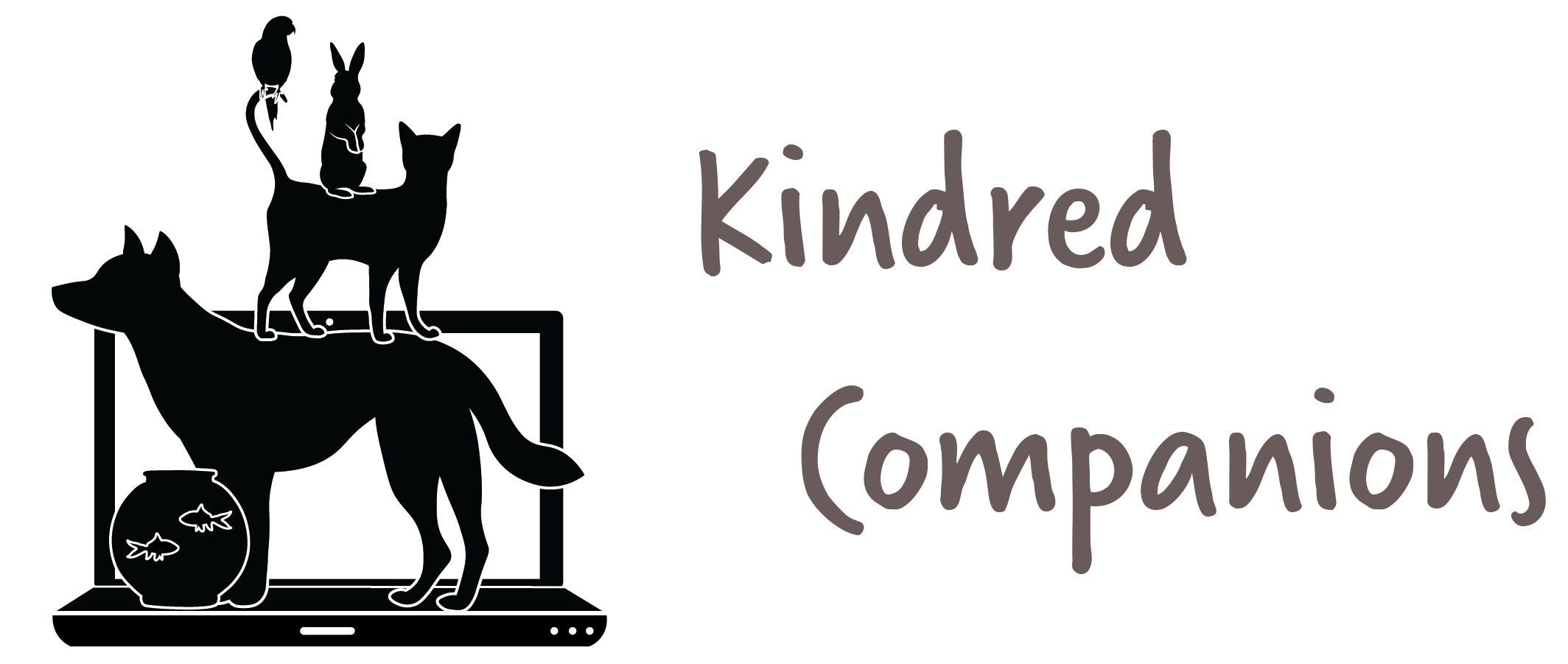5 Reasons Why Your Dog Isn’t Motivated By Food
A common phrase that pet owners say about their dog is, “He’s not food motivated,” or “He doesn’t like treats.” Usually dogs earn this title during a training session when the owner tries to reward their pet for good behavior, and then the dog doesn’t take the treat. But if the dog truly had no food motivation, then he simply would not eat at all. However, there may be underlying reasons why he doesn’t want to work for that biscuit.
1. Stress
If your dog is uncomfortable with a situation, he may be too overwhelmed to take treats. It’s important to be aware of your dog’s body language so that you can determine whether he is showing signs of stress. Your dog may be stressed by the environment such as a busy street, crowds of people, small children, noises, other dogs, etc. He may need to go to a calmer place to train and it’s important to talk to a professional about how to move forward to create positive associations to reduce his anxiety.
Dogs show many signs when they are stressed including:
- nose/lip licking
- yawning
- panting (when it’s not hot outside)
- shaking off
- whale eye (showing the “whites” of their eyes)
2. Overweight
Fit and trim dogs tend to appreciate food more than overweight dogs.
If you have an overweight/obese dog, they may not be motivated to work for another treat. You may want to use part of your dog’s meal in training sessions or it may be time to put him on a diet. Low calorie, but flavorful treat options include turkey, watermelon, apple slices, and green beans. These will help the process of slimming down your pet, while getting rewarded in training sessions.
3. After a feeding time
Training after a feeding time may give you a dog who isn’t motivated to work because they’re simply full. You may want to train before meal times or use part of their meal in training sessions.
4. Type of treat
Your dog may not want to work for the specific treat that you’re using. The treat may not be exciting enough for your dog to find it rewarding. For example, a dry biscuit may not be as enticing as a piece of leftover chicken from the night before. Each dog, just like humans, have preferences in which foods are their favorite. Finding which treats your dog values is important to keep them interested during training sessions.
5. Sessions are too long
Your dog may lose interest in taking treats if the training sessions are too long. Each dog has a different threshold on how long they can stay interested in a training session, but a good rule is to always end the session with leaving them wanting more. Another tip is to end the session on a positive note. For example, end the session if the dog performs the command correctly, rather than if the dog is confused as to what was being asked. By ending the session when they’re still ready to work, they will go back to the session with enthusiasm at a later time. However, if you end when they are already tired of it, they may be reluctant to work in the future.
Bonus!
In some cases dogs value toys over treats. If that is the case then treats may not be as motivating to your dog while training. There are dogs who are motivated by the squeaker in toys, playing a short game of tug-of-war, or chasing a ball. Knowing what motivates your dog creates a better training session, as they are more excited to work for their favorite reward.

